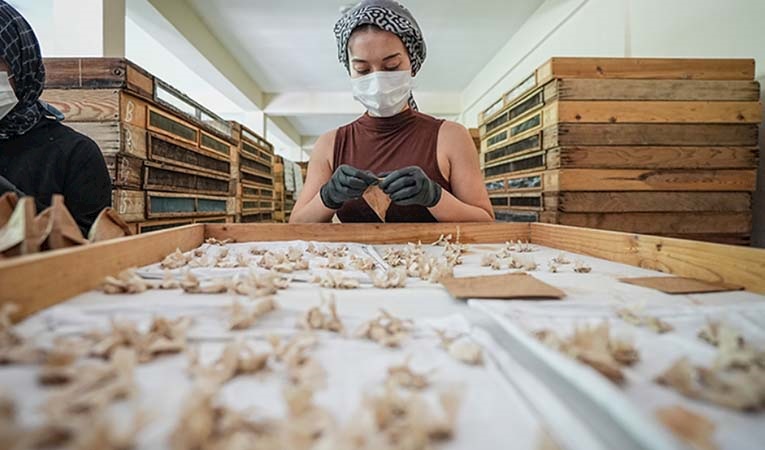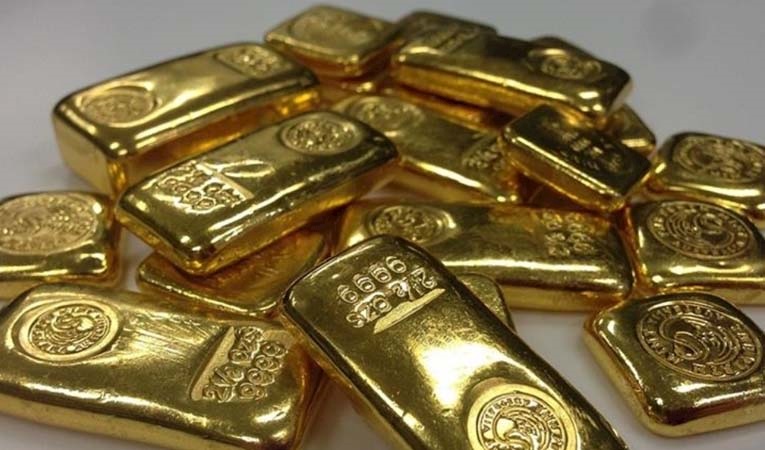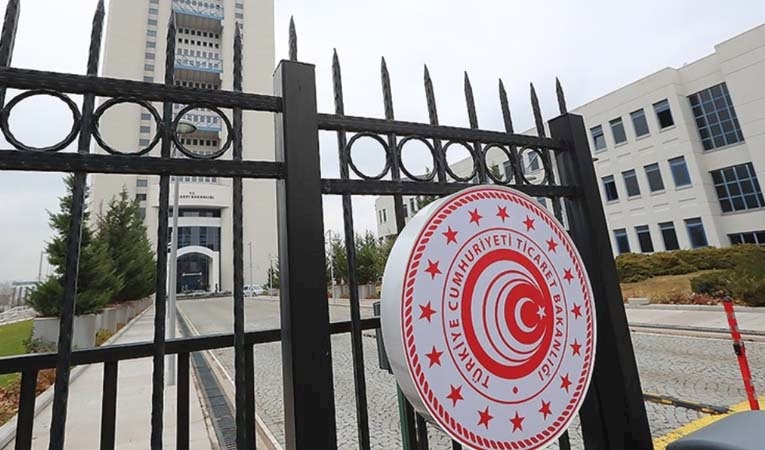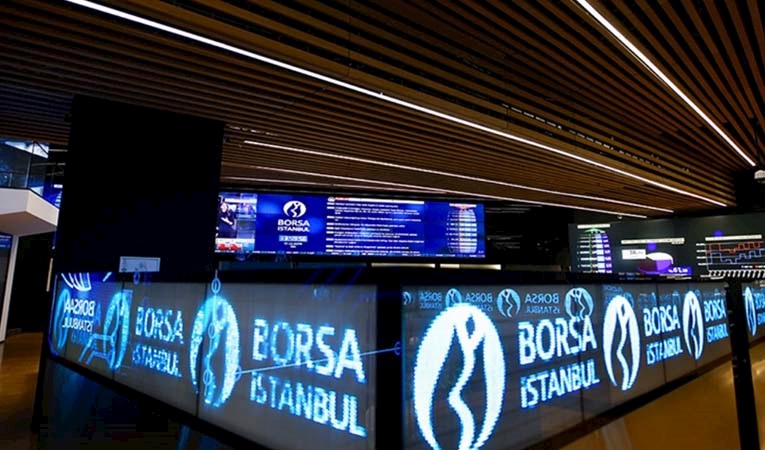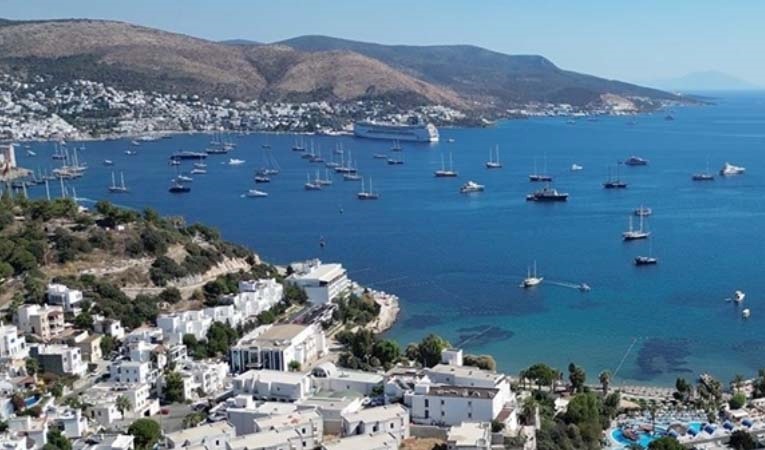
-
BIST 100
 10225,48%-1,28En Düşük10225,48En Yüksek10358,61
10225,48%-1,28En Düşük10225,48En Yüksek10358,61 -
DOLAR
 40,17%0,02Alış40,1689Satış40,1789En Yüksek40,2578
40,17%0,02Alış40,1689Satış40,1789En Yüksek40,2578 -
EURO
 46,87%-0,17Alış46,7945Satış46,9490En Yüksek47,0568
46,87%-0,17Alış46,7945Satış46,9490En Yüksek47,0568 -
EUR/USD
 1,17%-0,19Alış1,1667Satış1,1668En Yüksek1,1700
1,17%-0,19Alış1,1667Satış1,1668En Yüksek1,1700 -
ALTIN
 4320,81%-0,30Alış4320,27Satış4321,35En Yüksek4363,32
4320,81%-0,30Alış4320,27Satış4321,35En Yüksek4363,32
-
BIST 100
 10225,48%-1,28En Düşük10225,48En Yüksek10358,61
10225,48%-1,28En Düşük10225,48En Yüksek10358,61 -
DOLAR
 40,17%0,02Alış40,1689Satış40,1789En Yüksek40,2578
40,17%0,02Alış40,1689Satış40,1789En Yüksek40,2578 -
EURO
 46,87%-0,17Alış46,7945Satış46,9490En Yüksek47,0568
46,87%-0,17Alış46,7945Satış46,9490En Yüksek47,0568 -
EUR/USD
 1,17%-0,19Alış1,1667Satış1,1668En Yüksek1,1700
1,17%-0,19Alış1,1667Satış1,1668En Yüksek1,1700 -
ALTIN
 4320,81%-0,30Alış4320,27Satış4321,35En Yüksek4363,32
4320,81%-0,30Alış4320,27Satış4321,35En Yüksek4363,32
- Anasayfa
- Haberler
- Tüm Haberler
- Chinese Lessons From A Business Investor
Chinese Lessons From A Business Investor
Ünsa Ambalaj is one of largest producers of ‘big bag’, one of the sub-categories in the packaging sector. It has established five companies in Europe in this sector which can be considered new in T...
Ünsa Ambalaj is one of largest producers of ‘big bag’, one of the sub-categories in the packaging sector. It has established five companies in Europe in this sector which can be considered new in Turkey. It has also formed a partnership with a company in the US. In China it first opened an office and then established a $10 million factory. Ünsa Ambalaj Board Chairman Selim Akdoğan notes that one needs to work with China, rather than be afraid of it.
Selim Akdoğan is board chairman of Ünsa Ambalaj, which is one of the Turkish companies making the biggest investments in China. He explained the investment in China to Capital and had some suggestions about China for Turkish investors.
Ünsa Ambalaj is a family company, isn’t it? Could you give a brief summary of the story of its establishment?
Ünsa Ambalaj was founded by two people called Sadullah and Ünal. Later I became a partner and in time I bought shares. Today Ünsa Ambalaj has a Dutch partner. This group was our distributor in the Benelux countries. Later it became our partner. In December 1999 the Turkish Industrial Development Bank bought some shares as venture capital.
What kind of company is Ünsa Ambalaj?
In 2004 we had exports of approximately $50 million. Exports account for 98 percent of our business. As a result, this figure also represents our turnover. At the moment we employ 1,200 people. We have two factories which cover an area of 55,000 square meters.
What was the reason for investing in China?
When we studied the region we saw that it was very difficult to provide services there from here because under normal circumstances our products always go by container. Containers take 35 days to get to Japan and China. You have to do something in this region.
First we opened an office in China. Then we took the decision to make an investment. We laid the foundations in December 2004. We plan to start operations in 2006. This investment is costing us approximately $10 million. The plan is that it will start contributing to our turnover in five years. At the beginning, our factory there will have the capacity of 20 percent of our plant in Turkey. But we believe in synergy.
How do the Chinese regard foreign investors?
There is an incredible interest in investors in China. They look at investors really positively. Their approach is: we have the land, and the people, whatever you want come, do it, earn money and we’ll take the tax. They came to us with different incentives and free land in several areas.
Did you utilise any of the incentives? What kind of incentives did they offer?
The Chinese government does not give any cash incentives. They give land. We bought ours. But the price of land varies between $1 and $10 per square meter. If the central government says that the per meter price should be lower, then the states or the municipalities themselves finance the difference with the price that you have themselves. Because, if investments increase in their region, then they will be more valuable in the eyes of the government.
Moreover, this land has a functioning infrastructure. Everything is ready: electricity, water, steam, even broadband connections. In addition, there are tax incentives. You do not pay anything at all between start-up and the first year that you return a profit. Starting from the year in which you make a profit, you do not pay any taxes for two years. For the next five years you pay tax of 7.5 percent, and from the eighth year onwards the rate is 15 percent, which is the maximum tax rate.
In addition, construction costs on a turnkey basis are around $100-150 per square meter, which is about half the price in Turkey. Those Turkish industrialists who go there should bargain well. In China you can bargain about everything. There are a lot of American, Japanese, German, French, British and, in some areas, Korean firms. They have all established factories. Eighty percent of the companies in the Fortune 500 list have investments in China.
EBRU FIRAT
[email protected]
Türkiye ve dünya ekonomisine yön veren gelişmeleri yorulmadan takip edebilmek için her yeni güne haber bültenimiz “Sabah Kahvesi” ile başlamak ister misiniz?

